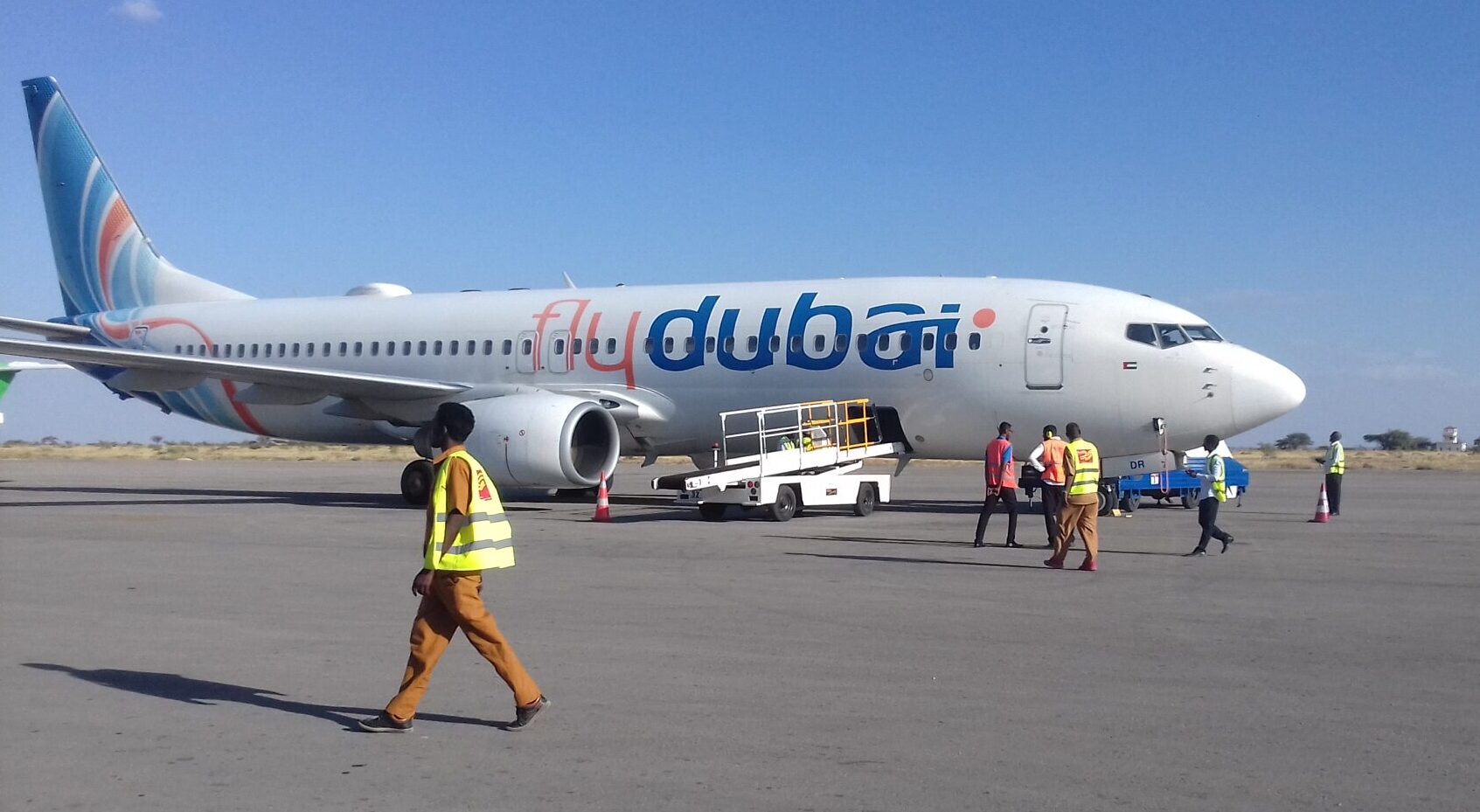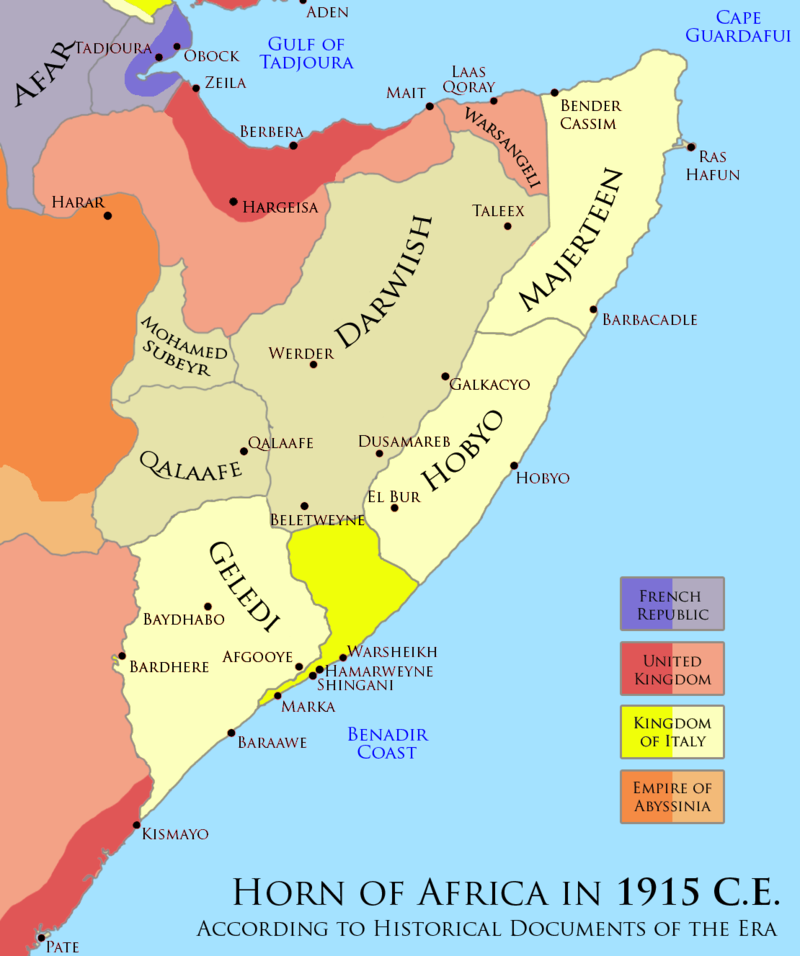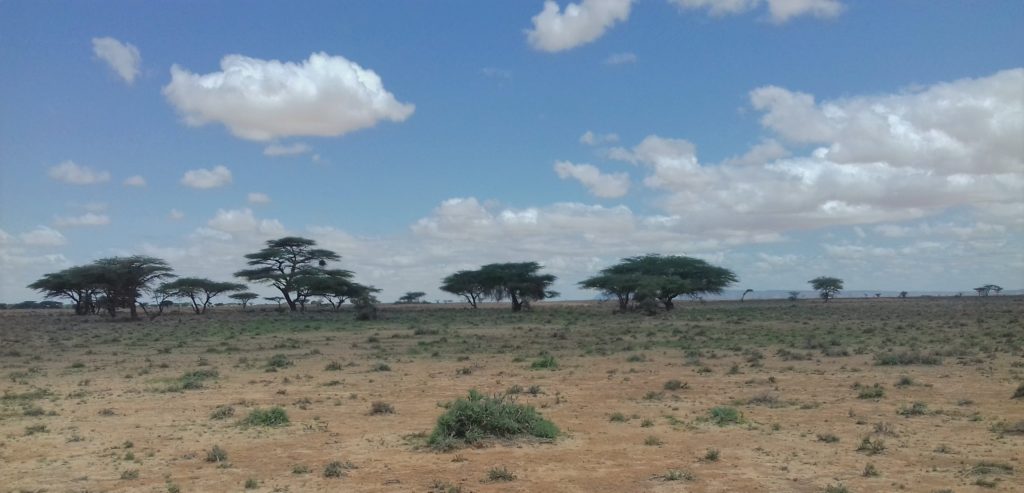Analysis by Robert Kluijver, April 28 2021
The crisis that is rocking Somalia now is caused by the unwillingness of President Farmajo, whose term ended on Feb 8, 2021, to allow a transition of power. If he continues to cling to the presidency, we may witness a disintegration of national security forces into clan-based militias that defend certain areas of Mogadishu, resulting in low to medium levels of armed conflict and permanent instability. The fragile political progress made over the past decade may unravel and the Somali economy may enter a phase of stagnation or decline. Mogadishu residents fleeing their homes to escape the fighting (60,000 to 100,000 on Sunday April 25, according to the UN) and the Al Shabaab attacks in Mogadishu on April 28 are a foreboding of what may come if this crisis is not rapidly resolved.
In the night of Tuesday to Wednesday 28 April, Farmaajo announced he would seek a new mandate from Parliament to solve the current political crisis through elections, overturning his earlier insistence that the extension of his mandate by two years, voted by the Lower House on 14 April, provided sufficient legitimacy for his rule. In the same speech he lashed out at his political opponents, accusing them of engineering the current crisis for their personal benefit. Far from conciliation, he did not suggest he would step down to allow a level playing field during the electoral process, which is a key demand of his opponents.
Continue reading







